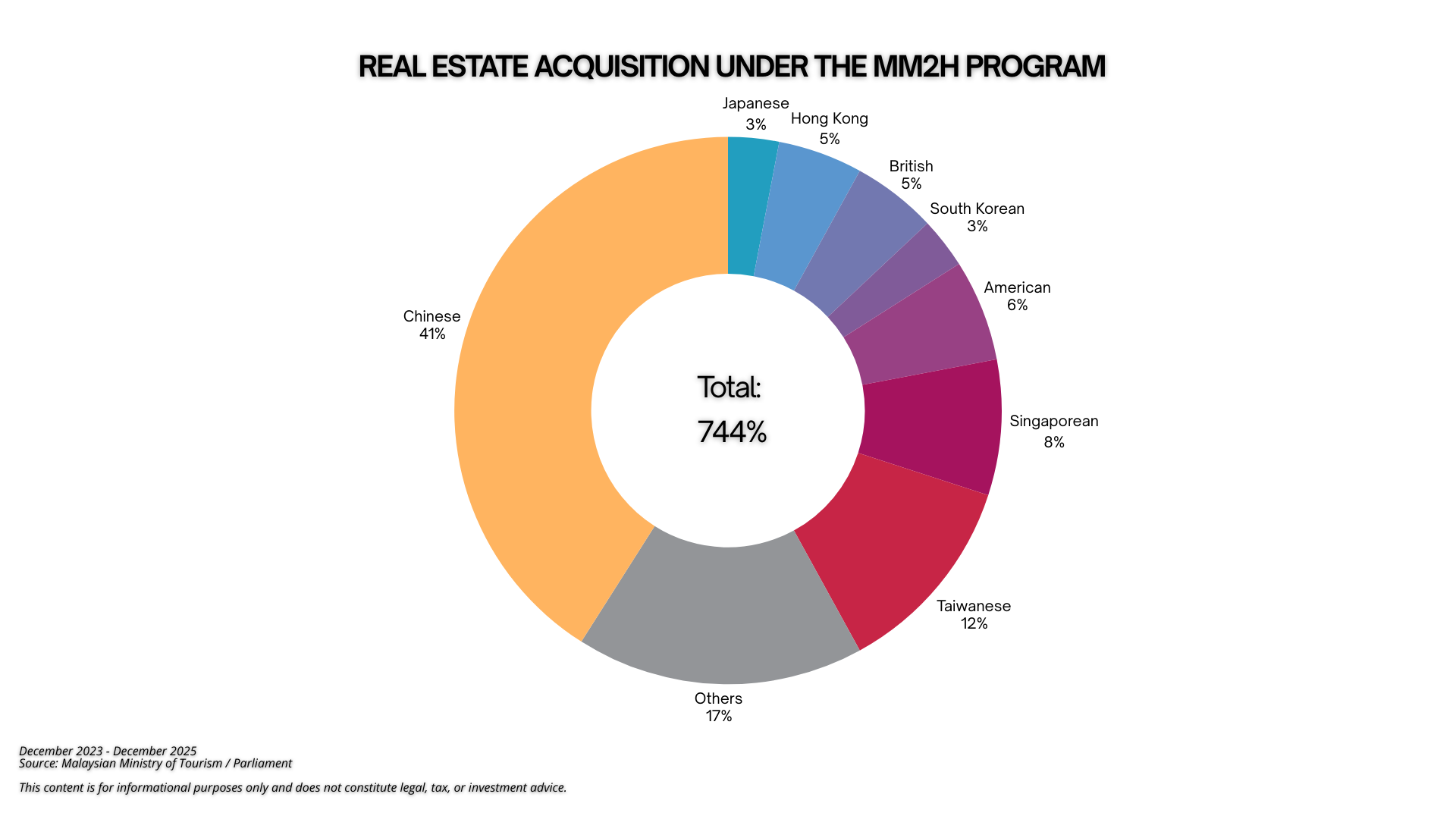Are CBI Programs Creating Tax Havens?

- Attractive Tax Policies: Many countries offering CBI programs implement tax-friendly policies to lure foreign investors. This includes no global income tax, no capital gains tax, and lenient corporate tax laws.
- Economic Growth vs. Tax Avoidance: Proponents claim these programs boost local economies by attracting foreign capital. Critics, however, argue they provide legal loopholes for tax avoidance, potentially harming global taxation fairness.
- Impact on Global Tax Systems: Organizations like the OECD warn that tax havens disrupt international tax agreements, leading to reduced tax revenues for many nations.
- No Global Income Tax: Residents are only taxed on income earned within the country.
- Privacy Protections: Strict banking and corporate secrecy laws.
- No Wealth or Inheritance Taxes: Wealth can be transferred without additional tax burdens.
- Double Taxation Treaties: Agreements that prevent being taxed twice on the same income.
- Low Corporate Tax Rates: Favorable for businesses relocating their headquarters.
- Asset Protection: Secure legal frameworks to protect wealth from economic instability.
- Enhanced Global Mobility: Visa-free travel and residency in countries with favorable tax systems.
- Business Opportunities: Access to tax-efficient markets for entrepreneurs.
- Legal Tax Planning: Structured options for reducing tax obligations while complying with international laws.
- Diversification of Assets: Opportunity to hold assets in stable, low-tax environments.
- Wealth Disparity Issues: Critics argue these programs widen the gap between wealthy individuals and average taxpayers. When HNWIs benefit from tax havens, it shifts the tax burden to others.
- Global Policy Responses: Lastly, governments and organizations are implementing measures like the Global Minimum Corporate Tax to counteract the impact of tax havens. This seeks to ensure fair taxation and reduce profit shifting.
Contact us if you are interested in Citizenship by Investment
Our expert advisors will have a 1-on-1 consultation to find the best solutions for you and your family and guide you through the procedure.
Conclusion
In conclusion, CBI programs undeniably provide financial benefits for investors and stimulate local economies. However, their association with tax havens raises concerns about global taxation fairness and economic ethics. As scrutiny grows, countries offering these programs may need to balance their attractiveness with transparency and compliance with international tax standards.
Share this blog
Frequently Asked Questions
Related Articles
Beijing Is Watching Your Wealth; Turkey Offers a Legal Pathway
In an era of rising financial scrutiny, global investors are taking action. Discover why 89% of Chinese HNWIs are exploring…
Wealthy Americans Lead New Zealand Golden Visa Surge
Wealthy Americans are leading the New Zealand Golden Visa surge as investors prioritize stability and diversification. Billions in committed capital…
Second Residency Is Now A Top Three Global Wealth Priority
Second residency has quietly moved into the top tier of priorities for serious wealth holders. This article explains why investors…
UK Exit Tax 20% and the Future of Strategic Wealth
The UK Exit Tax 20% could significantly impact HNWIs, founders, and investors with substantial unrealized gains. This in depth analysis…
Greek Golden Visa Sees Record Turkish Investor Demand Surge
The Greek Golden Visa is seeing record demand from Turkish investors seeking EU residency, asset protection, and mobility. With participation…
Malaysia MM2H Program Nears $1 Billion in Investment Inflows
The Malaysia MM2H program has attracted nearly $1 billion in just 18 months, reflecting renewed global investor confidence. For high…
Citizenship by Investment Expansion Across 14 Global Markets
Citizenship by Investment expansion across 14 global markets marks a significant shift in global mobility strategy. Governments are exploring structured…







